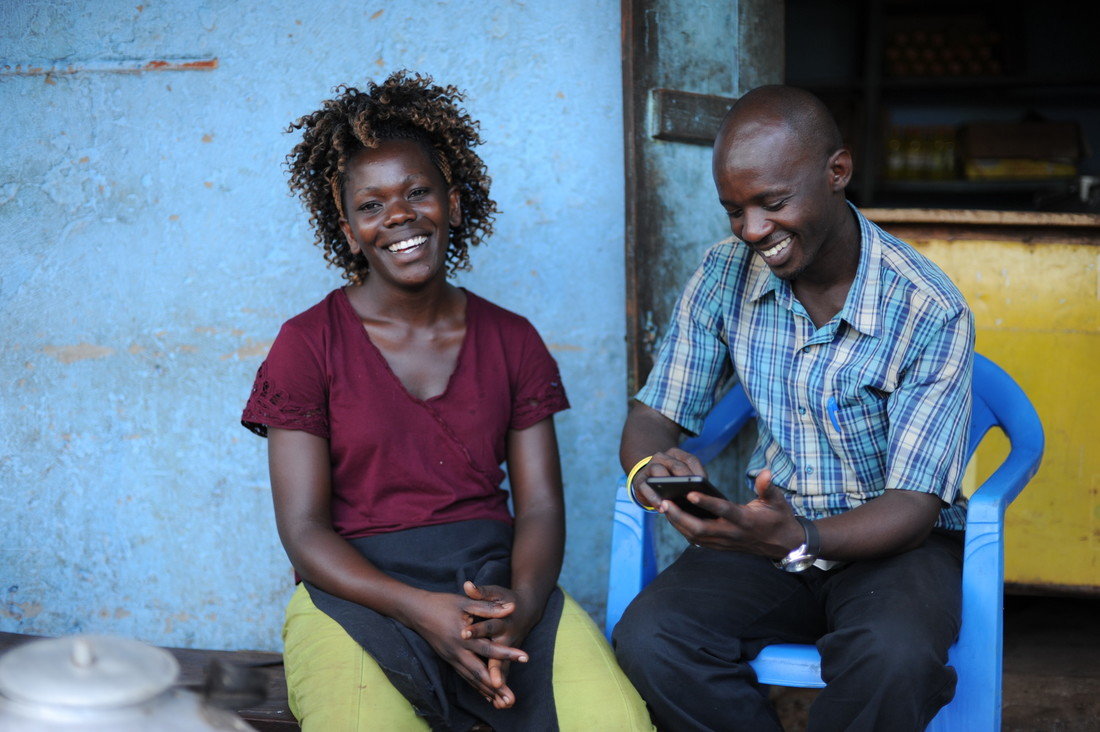
Gender and Youth Livelihoods Programming in Africa
Building knowledge to improve practice
Youth face multiple challenges in their efforts to access the education and skills, financial services, productive assets and social networks they need to create job and business opportunities. Due to an interrelated set of factors — including discriminatory social norms, and childbearing and care responsibilities — the challenges young women face are often particularly acute.
As part of the Mastercard Foundation’s commitment to gender equity and a recognition of a need to deepen and share knowledge on “what works” to support gender equity in youth employment programming in Africa, the Overseas Development Institute was commissioned to prepare the report launched today.
The report explores the gender-related barriers faced by young women and young men, reviews the many approaches that programs take to confront these barriers, and tries to establish whether and how these approaches have been successful. In addition to a literature review, the ODI team conducted primary research with a selection of Mastercard Foundation partnerships — including fieldwork with Opportunities for Youth Employment (OYE), Strengthen Rural Youth Development through Enterprise (STRYDE), U-Learn, and Youth in Action in Tanzania and Uganda. This was complemented by secondary research on both Foundation programs and a broader range of interventions outside of Foundation partnerships. The study concludes that “programming with gender-responsive components can have positive effects on gender equality in relation to participation, performance, and opportunities.”
Getting to this conclusion was a challenging task. Far too often, youth livelihoods programs in Africa are gender-blind in their design, implementation, and evaluation. This makes it difficult to assess the extent to which young men and young women are participating and benefitting equally. The authors recommend that the both the Foundation and the sector at large prioritize the collection of gender-disaggregated data, conduct contextual gender analyses, and critically assess the gender responsiveness of program components. Strengthening the evidence base in the field will lead to better program design and stronger outcomes for young women and young men. It is a call that we at the Foundation heed.
Many Mastercard Foundation partners have worked hard to improve the gender responsiveness of their programming over the past year, as highlighted in the foreword to this report. These efforts to improve young women’s program participation and success are wide-ranging, and include campaigns targeting young female entrepreneurs; negotiating with parents about delaying girls’ marriage; recruiting more women as trainers, peer coaches and managers; providing young women-only spaces when required; adjusting schedules and providing childcare; and improving the gender sensitivity of work readiness skills curricula.
In addition, the four consortia that make up the Foundation’s Youth Forward initiative, not covered in the paper, have all developed gender strategies. For example, the Youth Inclusive Entrepreneurial Development Initiative for Employment (YIEDIE) project is deepening its focus on supporting gender equity and access to non-traditional opportunities for young women along construction sector value chains in Ghana. The project is capping enrolment on the interior décor courses that are disproportionately popular among young women, running “gender boot camps” to expose young women to mentors in the industry, and including anti-sexual harassment training for all partners and mentors. We are excited to see how these efforts may bear fruit for young women, young men and their communities.
Over the past years, we at the Mastercard Foundation have deepened our focus on gender equity in programs and learning, and we are proud that our 2018–2030 strategy will reinforce our commitment to girls and young women in Africa. The Foundation will continue to draw on the findings of this report, and other work in the sector, to support our partners towards our shared goal of gender equity.



